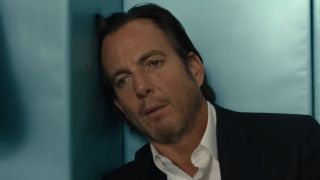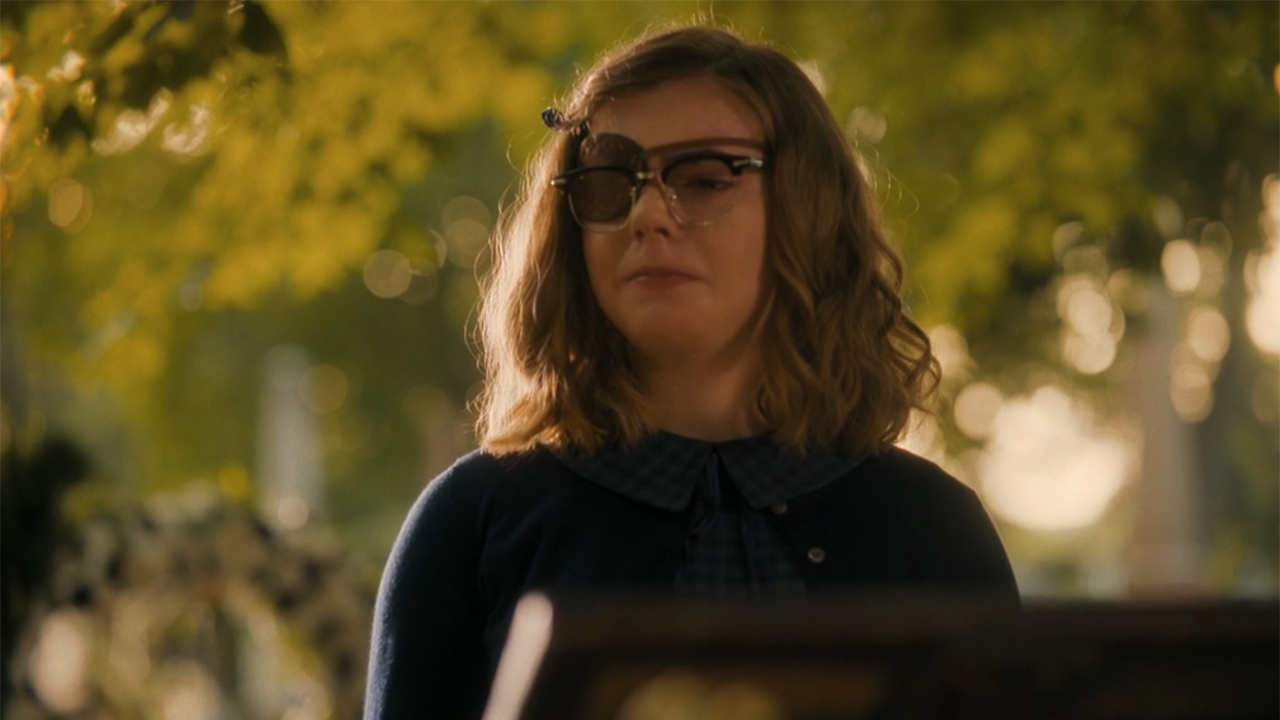Interviews
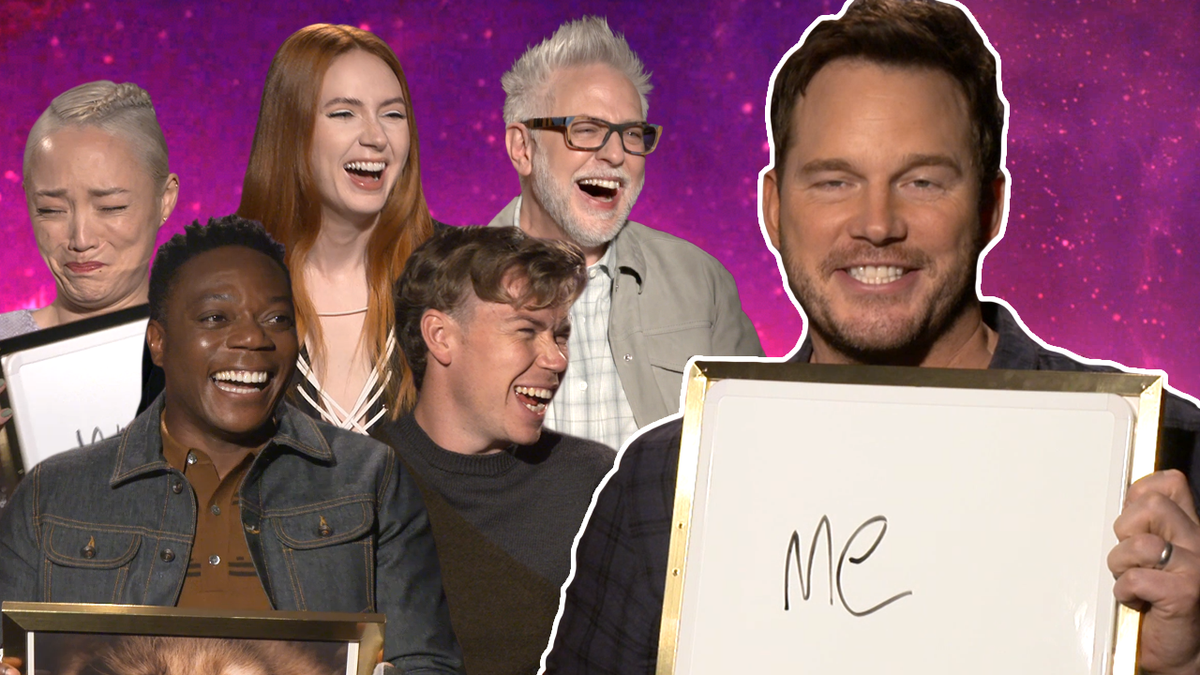
CinemaBlend frequently sits down with the talent who are responsible for the movies, television shows, streaming features, and pop-culture moments that you want to be reading more about. From Tom Hanks to the cast of Avatar, from the latest contestant on The Masked Singer to the cast of Yellowstone, CinemaBlend ample time for exclusive conversations with Hollywood's biggest stars.
And CinemaBlend prides itself on asking talent the questions that they aren't hearing from every other outlet, leading to passionate answers that are meant to educate and entertain you, our readers. If they are important in Hollywood, they are speaking with CinemaBlend.
Latest about Interviews
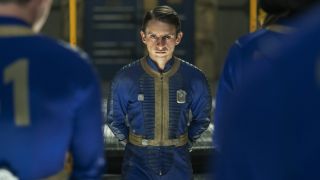
Fallout’s Norm Made A Very Bold Move In Season 2’s Second Episode. Star Moises Arias Told Us Why That Decision Was Made
By Erik Swann published
Exclusives Oh, Norm...
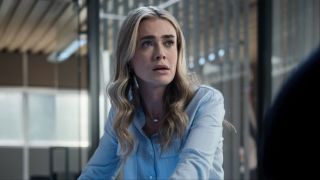
Need A TV Show To Watch Over The Holidays? Melissa Roxburgh Told Us Why The Hunting Party Is A Great And ‘Strange’ Option On Peacock
By Laura Hurley published
Exclusives It's not your usual serial killer kind of show.
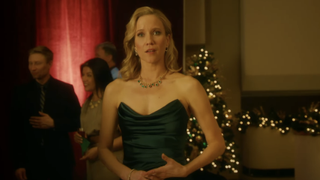
Chicago Med Star Jessy Schram Talks Switching From Scrubs To ‘Real-Life People Clothes’ For Hallmark Christmas Movies
By Laura Hurley published
Exclusives A Hallmark Christmas is very different from the ED for Jessy Schram.
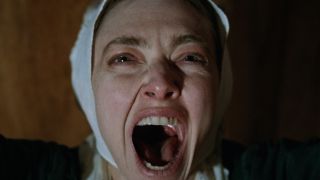
‘I Don’t Know’: Amanda Seyfried Was So Hesitant About The Testament Of Ann Lee She Actually Pitched The Director On Other Actresses
By Eric Eisenberg published
Exclusives Not your typical actor story!
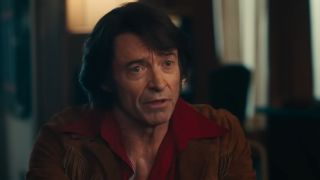
We Brought Up Hugh Jackman Loving Long Locks In Movies, And He Brought Up One Gross Downside: 'It's Just Not Sexy.'
By Erik Swann published
Exclusives So much hair... so little time.
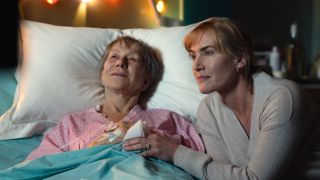
Helen Mirren Didn’t Want To Play A Dying Woman In Netflix’s Goodbye June, But Kate Winslet Told Us What Convinced Her
By Sarah El-Mahmoud published
Exclusives "She's like the backbone of Britain."
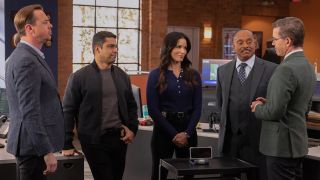
I Learned What’s ‘Gonna Fuel Some Pretty Major Storylines’ When NCIS Season 23 Resumes, And It Makes Me Worried About A Specific Character
By Adam Holmes published
Exclusives What's ahead for 2026?

I Caught A 2001: A Space Odyssey Reference In Avatar: Fire And Ash, And I Asked James Cameron About It
By Sarah El-Mahmoud published
Exclusives SPOILERS AHEAD.
Your Daily Blend of Entertainment News

